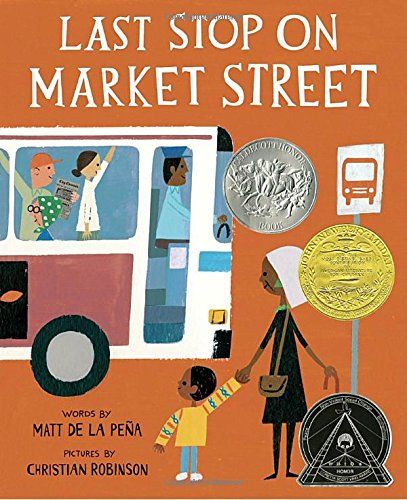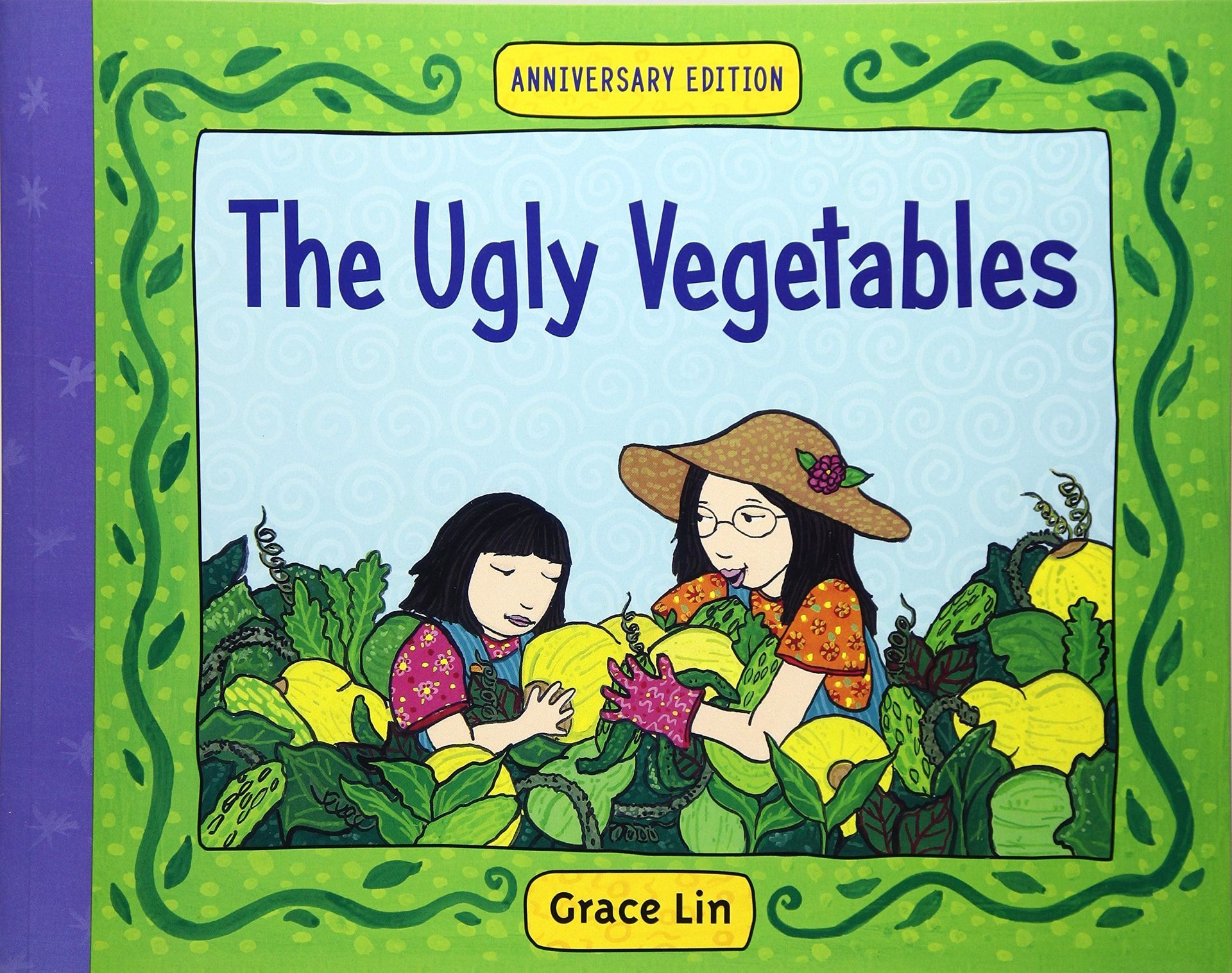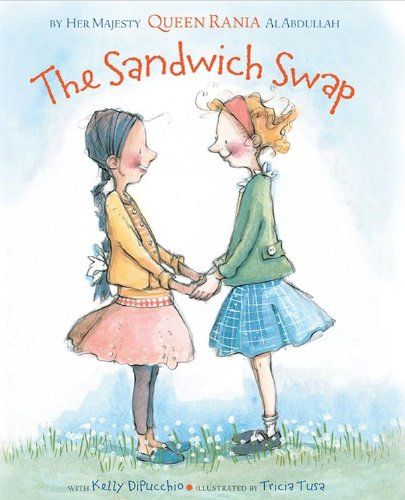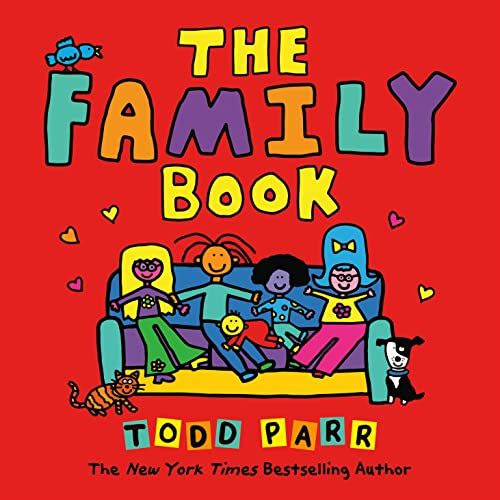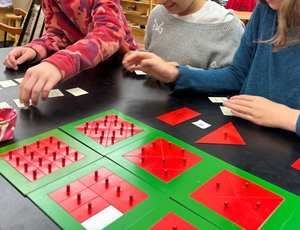Embracing Diversity from a Young Age

We all want our children to be be peaceful and accepting of others. It is never too early to start teaching them to embrace diversity. Too often, we falsely imagine that young children do not notice what makes them different from each other. They do notice, and instead of waiting for them to ask questions or gather information on their own, we can be proactive about diversity education. We can teach them that while there are so many ways humans can be different from each other, those differences (and our similarities) should be celebrated.
Setting an Example
Our children constantly look to us as models for their own behavior. We can take the lead by embracing the values we hope to see in our children. This starts by educating ourselves. We can learn about different cultures and groups of people. We can confront our biases and consider how they might be coloring our view of the world. We can read about current issues in social justice and decide what responsibilities we have to make the world a more equitable place for all people.
Read Together
There are many quality books written for children about this very topic. Here are just a few...
- Last Stop on Market Street, by Matt de la Peña & illustrated by Christian Robinson
This book was the 2016 Newbury Medal Winner, and also received a Coretta Scott King Illustrator Honor and a Caldecott Honor. A little boy rides the bus with his grandmother after church each Sunday. His grandmother’s laugh guides him through the journey as they meet a wide variety of people.
- The Ugly Vegetables, by Grace Lin
Award-winning author Grace Lin wrote this charming book for young children. A daughter helps her mother in their garden, but becomes dismayed when she sees it is fully of “ugly vegetables” while the neighbors are all growing flowers. The soup her mother makes and the gathering of neighbors teaches the value of differences.
- The Sandwich Swap, by Queen Rania al Abdullah & Kelly DiPucchio, illlustrated by Tricia Tusa
Salma and Lily are best friends. One day, a conflict arises over their sandwiches at lunchtime (pita with hummus, and peanut butter with jelly). The food that threatens to end their friendship ultimately binds them together again.
- The Family Book, by Todd Parr
Parr’s books are simple, but his bright illustrations and straightforward story are perfect for young children. The Family Book highlights many different types of families, and ends by saying, “There are lots of different ways to be a family. Your family is special no matter what kind it is.”
- You Hold Me Up, by Monique Gray Smith & illustrated by Danielle Daniel
Smith’s website states that she “wrote You Hold Me Up to prompt a dialogue among young people, their care providers and educators about reconciliation and the importance of the connections children make with their friends, classmates and families.” (link: http://moniquegraysmith.com/writing/ )
Experience Together
There are so many ways a family can have fun together while encouraging curiosity, understanding, and empathy with different groups of people. Think about the activities your family already enjoys, and find ways to make those activities learning experiences.
Do you and your family enjoy cooking? Try whipping up new recipes from different cultures around the world. Preparing and sharing a meal is one way we all bond, so why not explore other cuisines?
Many cities and towns hold festivals celebrating the cultures of the various people who live there. Music, food, traditional crafts, and performances can be a fun way to learn about another culture.
Does your family love music? Visit your library to borrow CDs or find some audio clips online. Music from around the world can inspire your child to sing and dance. Grab any instruments you may have on hand (or make your own!) to join in on the fun.
Share Your Own Experience
Each family has its own unique history, heritage, and traditions. Teach your child about their ancestors, where your family originated, and what makes your family special. Offer to share these traditions at your child’s school. Teachers love to have parents come in for special presentations. Whether you teach the children to prepare a snack, sing a song, or read them a traditional story, every new bit of cultural learning gives them a broader view of their world.
Let’s open up the world for them, so that they may share it peacefully with each other. If you’re curious how we embrace and promote diversity, schedule a tour and visit our school.

